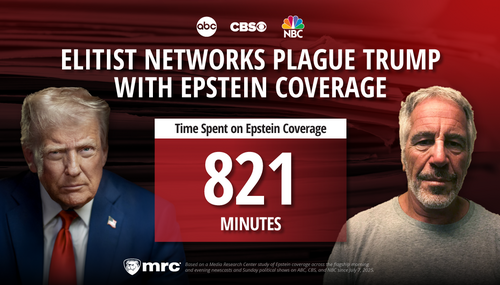How should conservatives respond to attempts by social media platforms and search engines to stifle and censor them? In a clarifying debate last weekend, Tucker Carlson argued that laissez-faire doesn’t guarantee fair.
In his appearance at the Student Action Summit on December 22nd, Carlson engaged in a vigorous but respectful debate with TurningPointUSA founder Charlie Kirk. They sparred on subjects such as the role of Big Tech Companies in the free market and the ideological tactics of conservatives should embrace in the digital age.

Carlson has brought up these issues previously on his own show, and reiterated how he came to his new viewpoint, “Every morning you wake up and there’s someone else who’s been kicked off and deplatformed and the companies say, ‘You can’t say that in public, and by the way, you can’t make a living anymore’ ... PayPal is not gonna do business with you, what does that mean in the digital age? It means you’re outta work.”
As he sparred with Kirk over traditional conservative distrust of government regulation and the changing nature of politics, Carlson asserted that many conservatives are following the letter of old laws while ignoring the actual principles they were trying to defend.
“You’ve been brainwashed by a small number of dumb idealogues in DC,” he said, “into believing what matters is the theory, above all, whether it screws you or not. And what you need to retrain your brain to understand is that what matters is your life, and the life of your family.” This applies to the debate over whether tech companies should face some sort of legislation by government in order to protect America’s defining value of free speech.
Companies, Carlson stated, can pose a greater threat to personal freedoms and privacy than government:
Really simple question, who has more technological power, Google or the US government? It’s not even close. Who knows more about you, Google or the Social Security administration? Not even close. Who is actually likely to suppress your ability to say and think what you want or prevent you from getting a job, Google or the US government? It’s not even close.
While Kirk proclaimed the value of the free market, Carlson repeatedly challenged the idea that the free market is enough to guarantee protection of our personal freedoms. “If you have a monopoly like Google which wields more power than any organization has ever wielded in the history of the world,” he said, “where all human information in english flows through this tiny portal that’s totally opaque -- we have no idea what the metrics are to sort this information -- if you have a company like that and you like at that and you’re like, ‘That’s the free market at work’ I’m not for the free market.”





